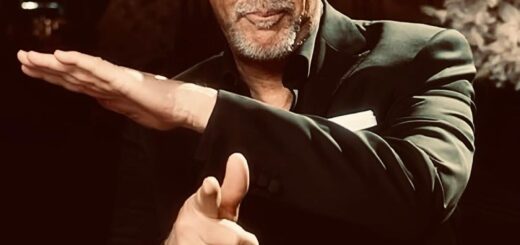“Hollywood’s Blind Spot: A Lesson Unheeded”
What do Megalopolis, Horizon, and Joker: Folie à Deux have in common? The 2019 original of the latter raked in $96 million during its opening weekend, ultimately grossing $335 million domestically and $743 million internationally. In contrast, the musical sequel is projected to struggle to hit $80 million domestically, suffering from lackluster box office performance and poor word of mouth, evidenced by its “D” CinemaScore.
Mild spoilers ahead.
Kudos to director and co-writer Todd Phillips for breaking away from the typical sequel formula. He held it up, set it ablaze, and channeled Arthur Fleck’s chaotic spirit.
Instead of super-heroics, we get musical numbers and minimal references to the source material. Harley Quinn, played by Lady Gaga, goes by “Lee” throughout the film, demonstrating a playful disregard for DC Comics canon.
It’s no wonder that dedicated fans stayed home.
Phillips has earned creative freedom through his successes with “Joker” and the “Hangover” series, yet one must wonder how Warner Bros. justified a reported $200 million budget for this sequel when the first film was made for just $55 million—a more manageable figure by today’s standards. An indie director could have likely executed the project for even less.
This scenario is echoed in the commercial struggles of two other 2024 releases.
Megalopolis, a thought-provoking piece from Francis Ford Coppola, is even more anti-commercial than Folie à Deux. It, too, carries a budget exceeding $100 million and may barely scrape together $15 million in U.S. theaters. Similarly, Kevin Costner’s Horizon: An American Saga – Part One, which cost $100 million, has underperformed, earning only $32 million domestically and halting plans for its sequels.
As audiences, we’ve cultivated an appetite for sequels, remakes, and reboots, leaving original storytelling in the background. This trend is reflected in the top-grossing films of 2024, which consist entirely of previously told stories, with It Ends with Us being the first original narrative at number 11.
Filmmakers like Phillips, Coppola, and Costner should be encouraged to share their unique visions. However, there’s a caveat: both Coppola and Costner invested significantly from their own pockets to mitigate the high budgets. Coppola carried the bulk of his film’s costs, while Costner’s contributions are somewhat unclear, with varying figures in interviews.
In contrast, Phillips likely did not contribute financially to Folie à Deux.
The impact of these commercial failures could be profound. Will studios be hesitant to greenlight similar bold projects in the future? Will creators reconsider investing in their artistic visions?
If anything, this could lead to a greater focus on safer, more predictable bets in 2025 and beyond.
We may already be witnessing this shift with projects like Skibidi Toilet: The Movie.
Had Phillips, Coppola, and Costner managed to lower their budgets, their commercial setbacks might have been less damaging to themselves and the industry.


